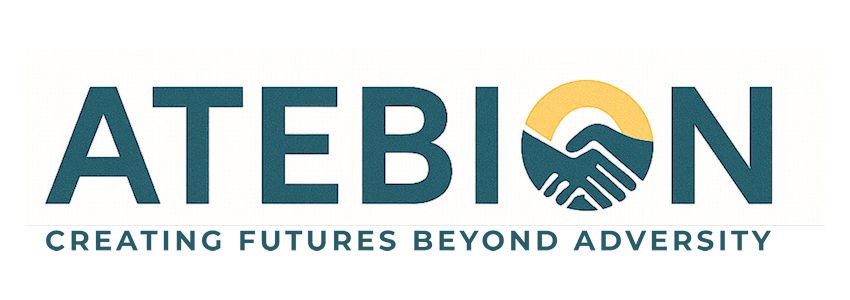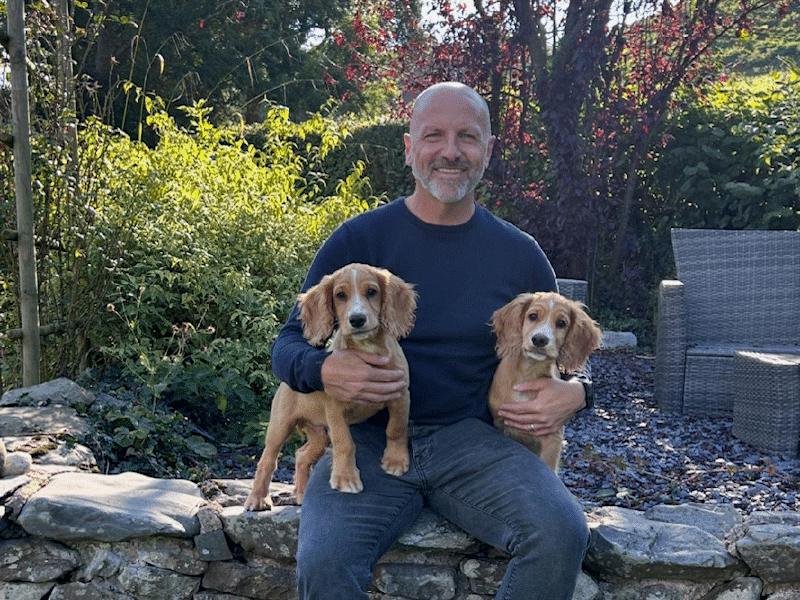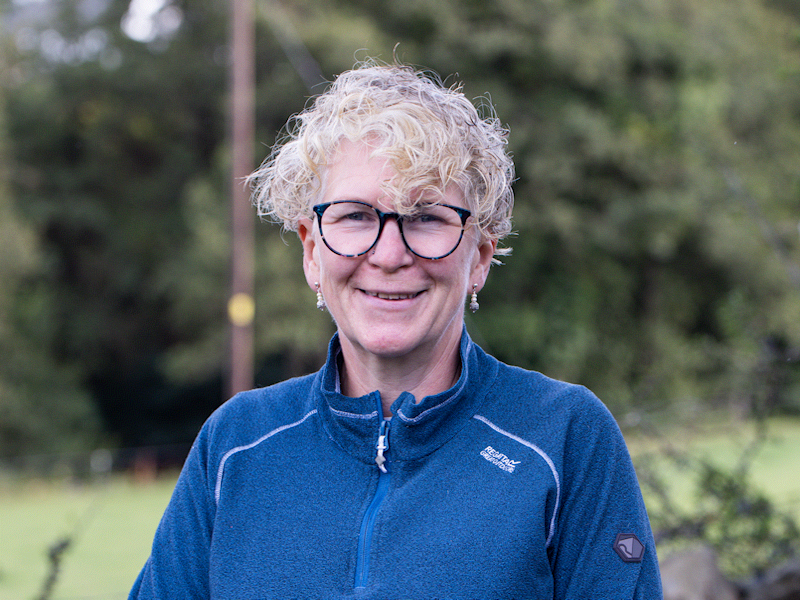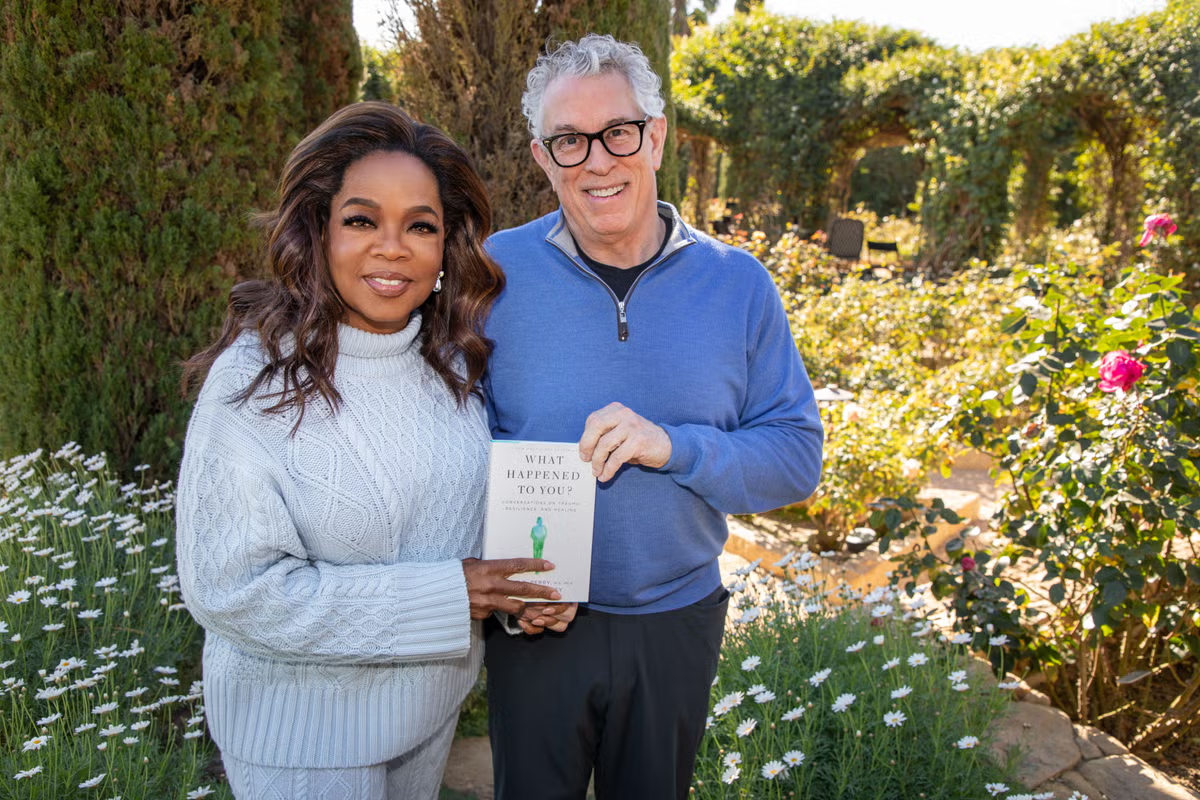This is long quote from a recent filmed conversation between Dr, Bruce Perry and Oprah Winfrey, authors of the classic book What Happened to You? Conversations on Trauma, Resilience, and Healing. It is so pertinent to what is going on with members of North Wales Recovery Communities (NWRC), given all that I have been told during my visit and later Zoom interviews.
‘Oprah: Once we become aware of our trauma and how that trauma is showing up in our lives, how do we break the self-destructive patterns?
Bruce: One of the things that you have to always remember is that the brain is capable of change, and the kind of change you want is going to require specific kinds of repetitive experiences. You can go through all kinds of relational experiences, you can go through sensory experiences, you can go through all sorts of cognitive intellectual experiences, and they will all lead to growth.
But the key to change, honestly, is that you have a healing environment that’s filled with people who see you. Who make you feel that you belong. Because what they then allow you to do, is that when you are in need of a regulatory interaction where somebody just is present, you can do that. When you’re in need of somebody who is going to do something where you are needing some guidance, intellectual guidance, you have somebody who can do that.
It’s like having this big, beautiful, incredible extended family with people that are good at horseplay, people that are good at telling stories, people that are good at jokes, people that are good at teaching you how to do a fire, and you use them in your life at the time you need them, in the dose that you need them. In other words, you don’t just want to have one person responsible for every single thing that you’re learning.
You know, the village is filled with an elder who’s really good at telling stories, but he’s not any good at teaching you how to knit. And over here, the person who can teach you how to knit is different than the person who’s going to teach you how to hunt. And the person who’s going to be just a good listener, is going to sit next to you. If you have all of these people present in your life, you have this rich library of relationships that you can use as you grow. And I think that because different people have different timing to their trauma, and they have different kinds of trauma, they’re all going to need different books from the library.
The problem with the current mental health system is that we give everybody the same book. Instead of having a little one-shelf book mobile, which is kind of what mental health treatment is right now, we need a Library of Congress of opportunities that are culturally specific, that can focus on movement, and music, and art, and all the things that are part of the world that help us heal.
If you are seen and you are relationally connected in a community, you have a rich library of resources that you can tap into to help you heal and to help you grow. And to help you buffer whatever current stressors you’re having right now…. It can be moments. And it doesn’t have to be a 45 minute session once a week. It’s just one little thing. It’s a little dose of someone’s, “Oh, I see you.”’
You can see this particular part of the conversation between Bruce and Oprah at 51’45” into the film.





